Supporting women’s livelihoods in Angola through vocational and literacy training
Go back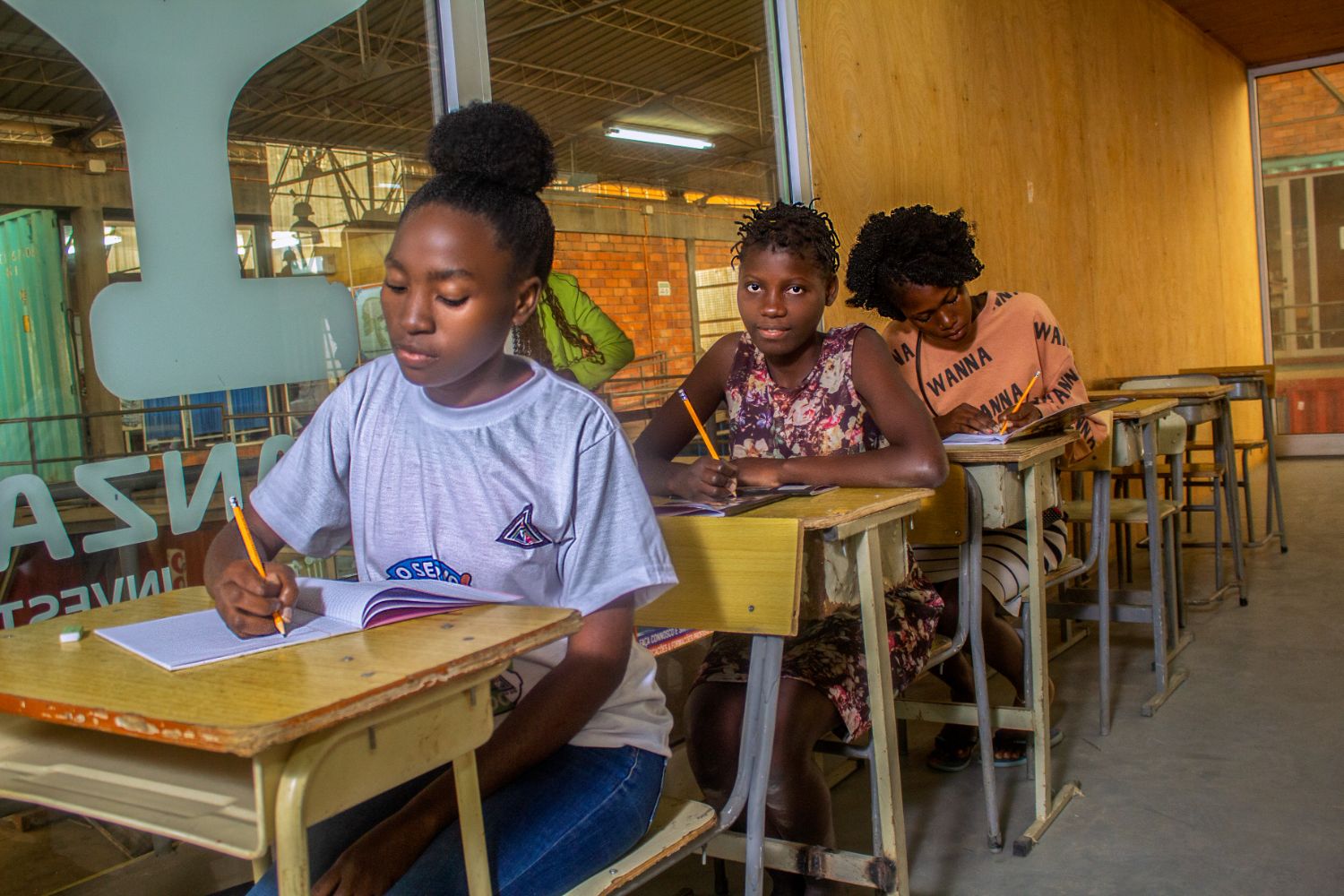
£2,000
The project is providing daily stipends for women enrolled in a literacy programme in Luanda, Angola. Each participant receives £1.50 per training day for three months, covering transport and meals so that financial hardship does not prevent them from attending class. For many, this marks their first-ever opportunity to learn to read, write, and count, an essential step toward independence, confidence, and self-reliance.
- Region 🇦🇴 Angola
- Sector Education
- Beneficiaries 22
- Stage Pilot
Across Luanda, thousands of women have grown up without the chance to attend school.
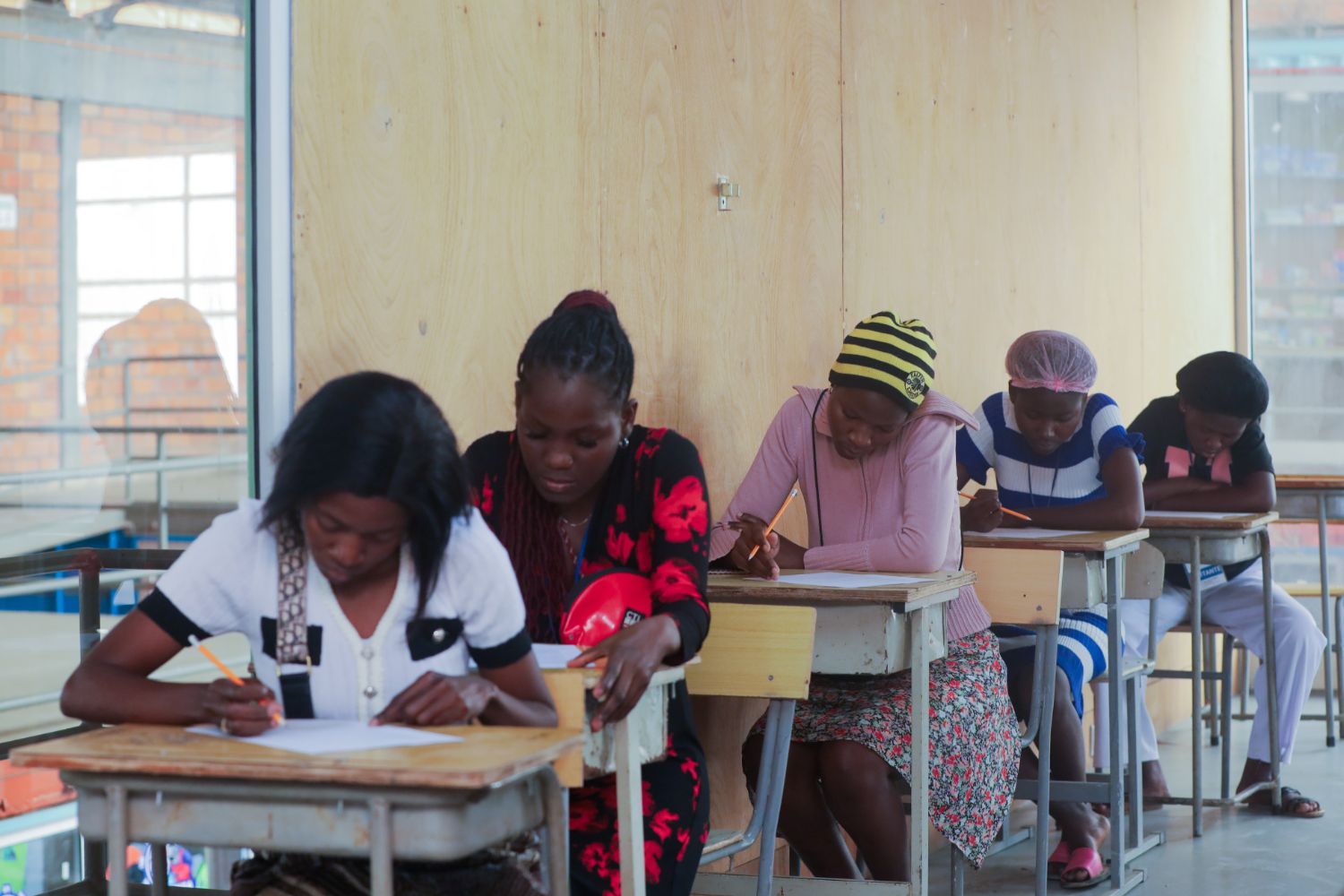
What began as small, community-based literacy and baking classes has since evolved into a structured programme offering training in literacy and vocational skills. Yet one barrier remains constant: the cost of attending. Transport and daily expenses often prevent women from participating consistently.
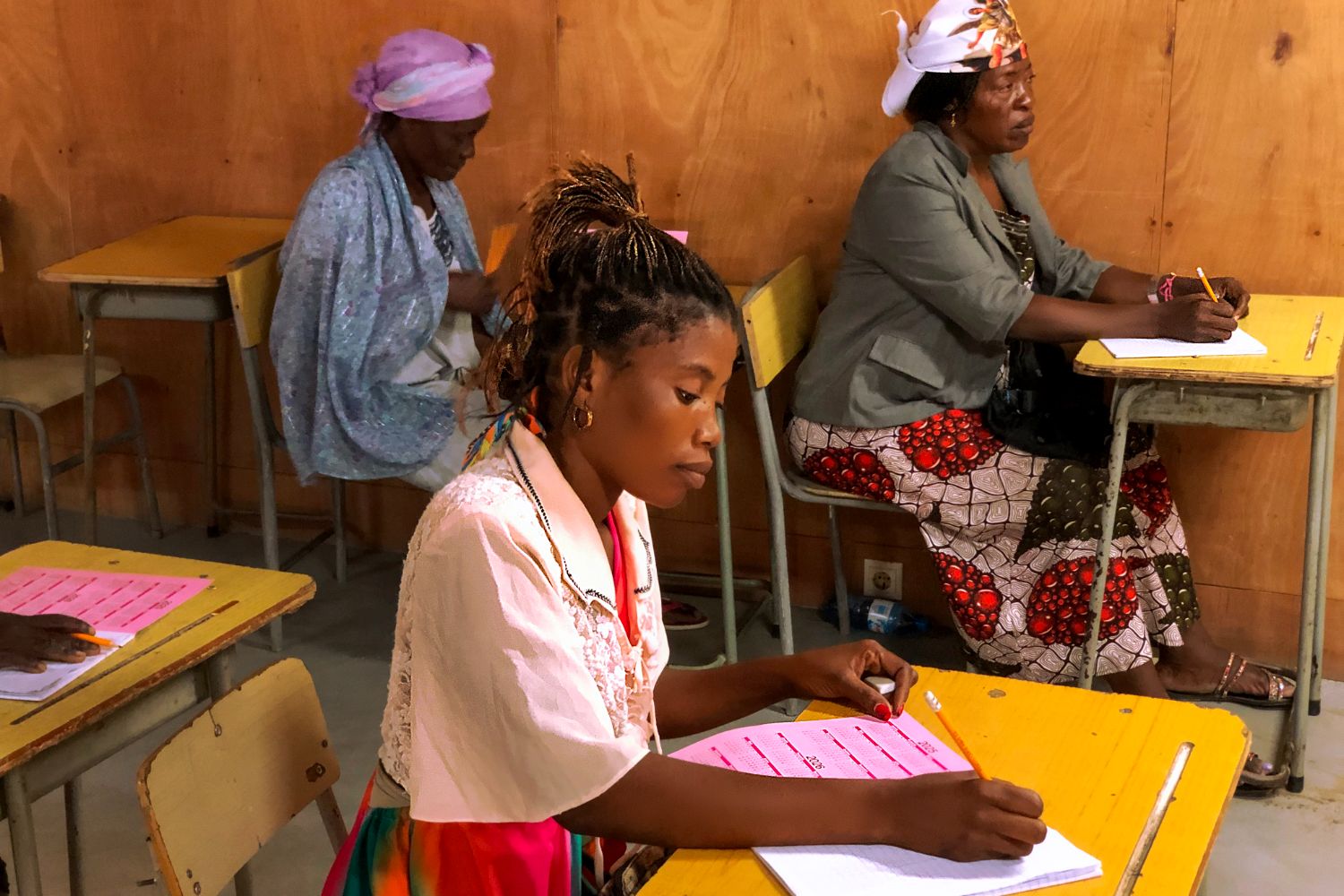
Why this matters
Luanda is among the most expensive cities in the world, and women bear the brunt of its economic inequalities. Many are single mothers or survivors of domestic violence who have never had access to education. Illiteracy limits their ability to find formal work, manage household needs, or participate fully in community life.

Through this initiative, women are gaining the literacy and confidence they need to take control of their futures, engage in income-generating activities, and make meaningful contributions to their families and communities.
What the project is changing
The impact extends beyond the classroom. As participants learn to read, they help their children with homework, manage small businesses, and engage more actively in civic life.
This initiative demonstrates that empowerment doesn't always begin with large interventions; sometimes, it begins with something as simple as a bus fare.
Technical stuff
The Details
- Women supported 34
- Women completing vocational training 0
Updates
From the field
Transport stipends boost attendance in Ella Africa literacy and internship programmes

Posted 16 Dec 2025
Over the past two weeks, we have continued to run literacy sessions consistently, with strong attendance from the 29 women enrolled. Since we introduced transport stipends, attendance has increased to 85%, and women have been arriving more regularly and on time. Sessions during this period have been particularly engaging, with participants showing increased participation.
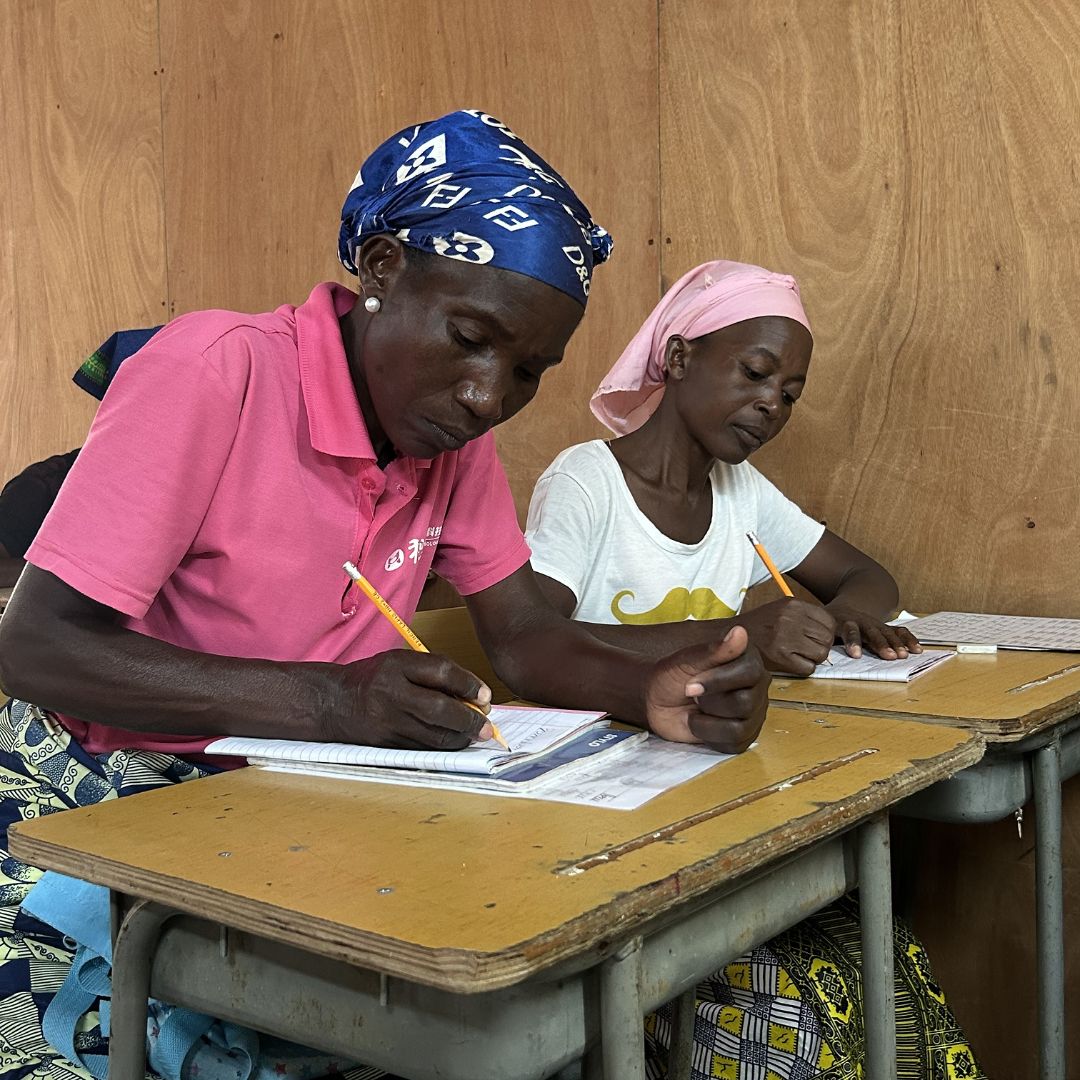
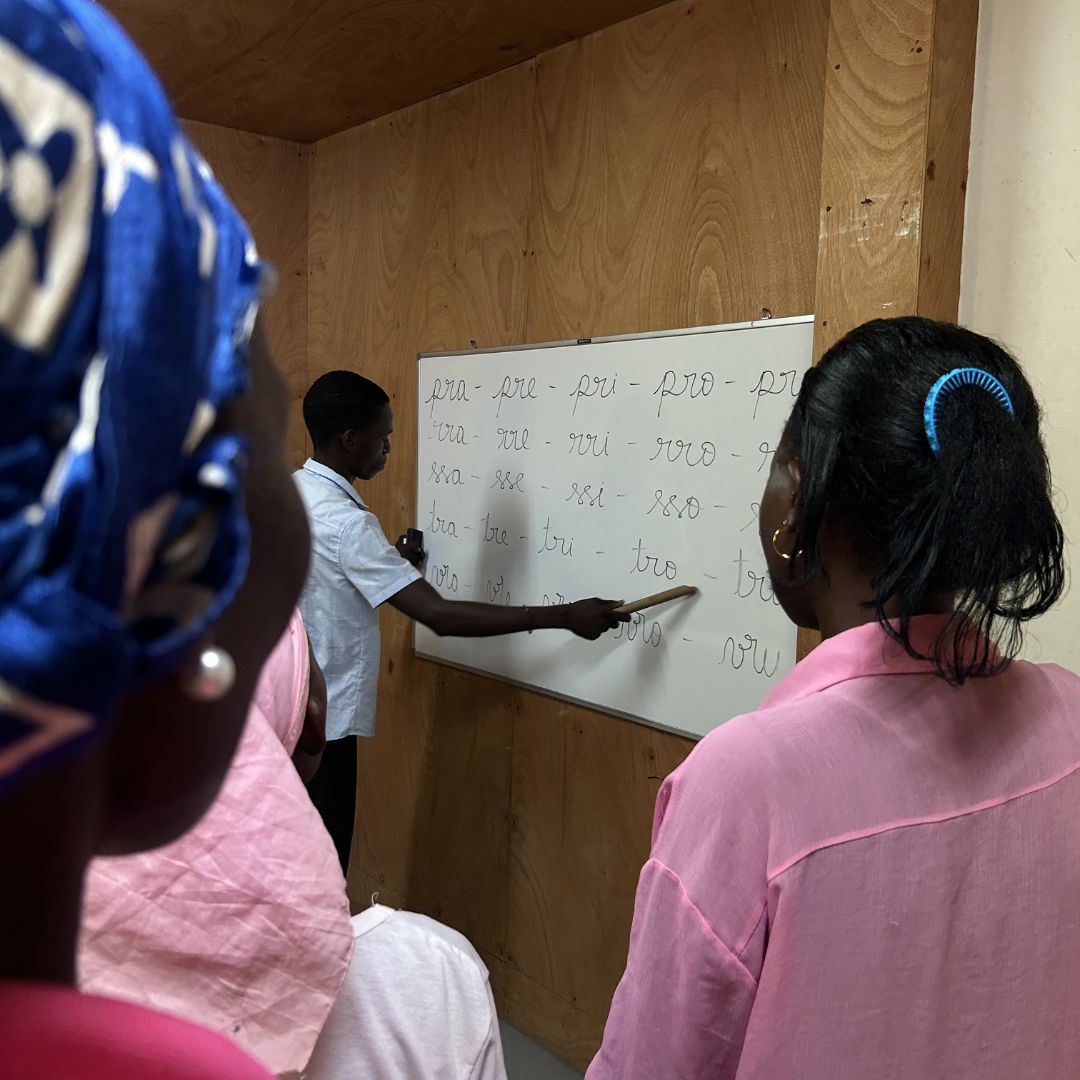
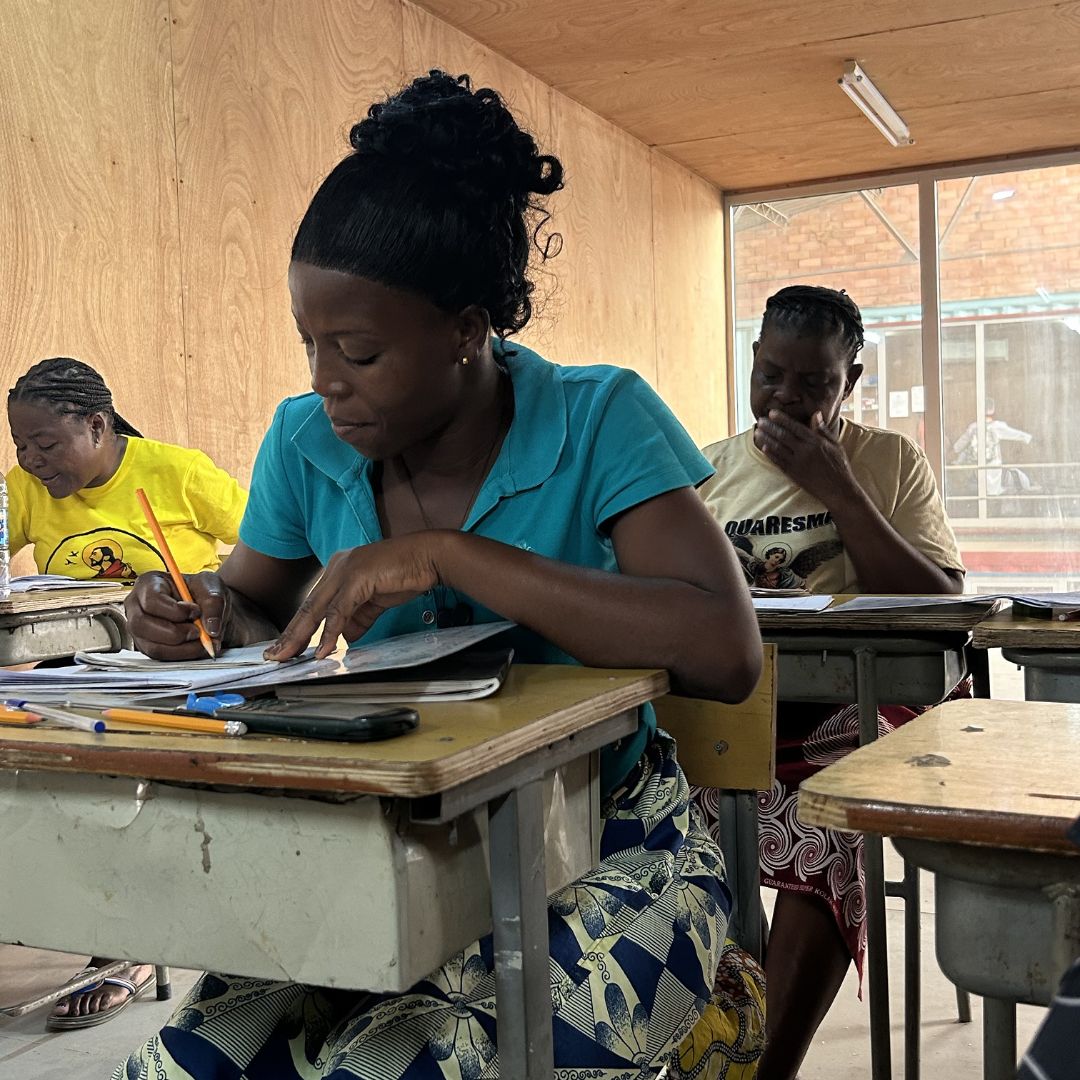
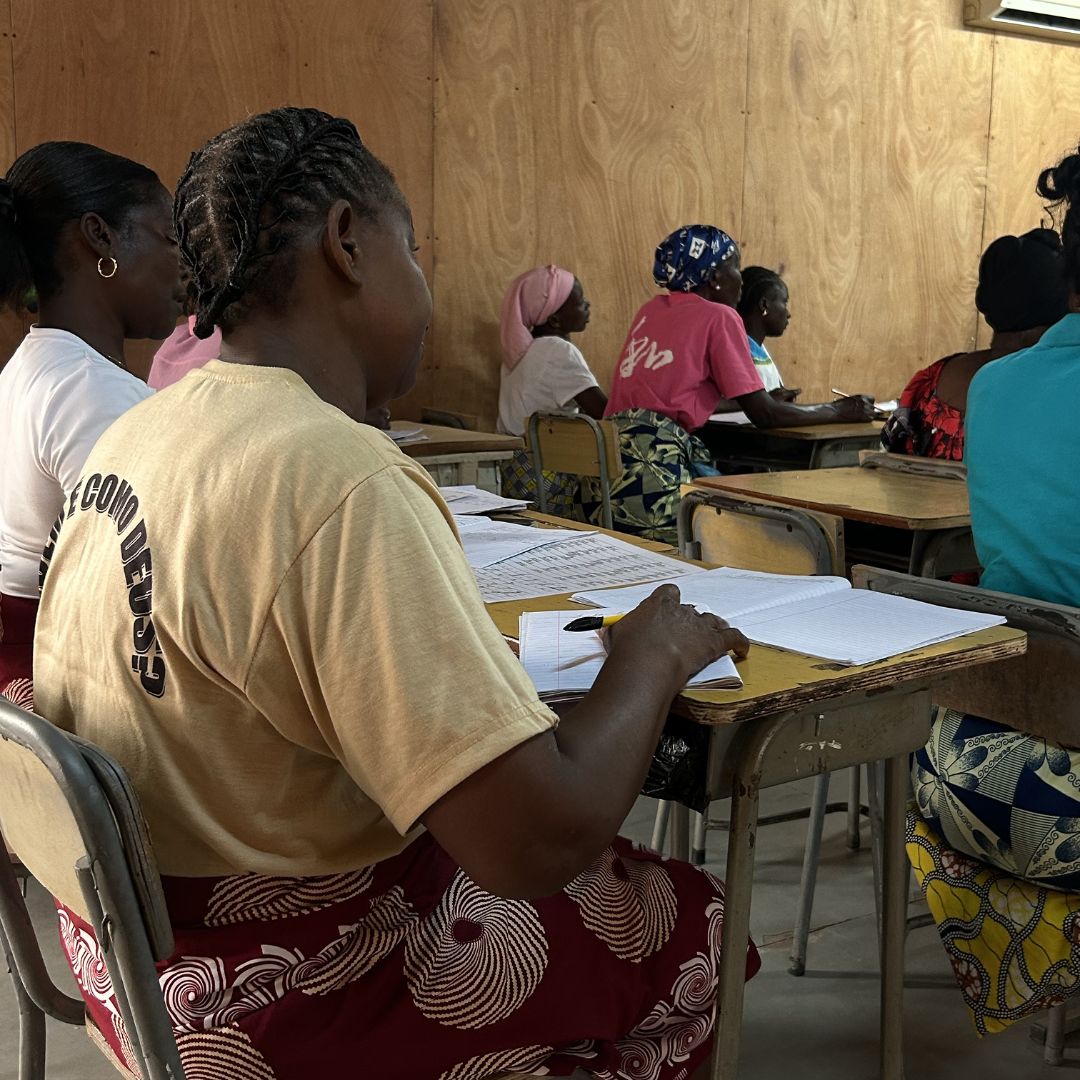
Activities:
Continued running literacy sessions three days a week
Maintained strong attendance from 29 women, reaching 85% attendance
Supported daily transport for five women in internship placements
Updated attendance registers and records
Prepared for final stipend distribution on 19 December